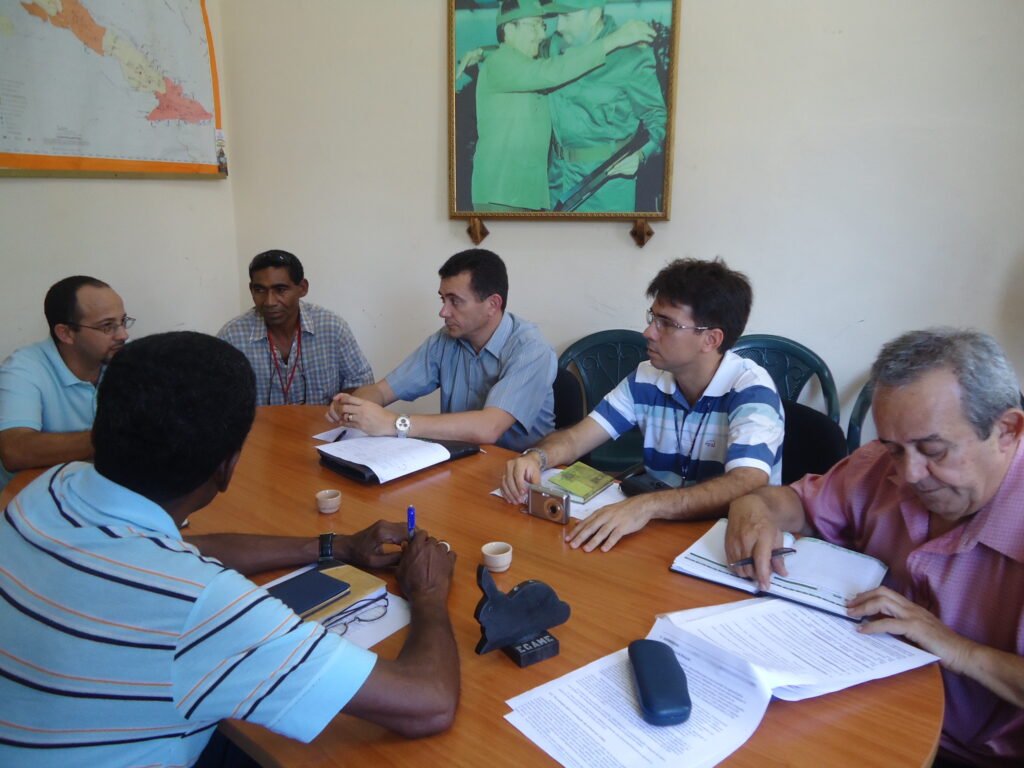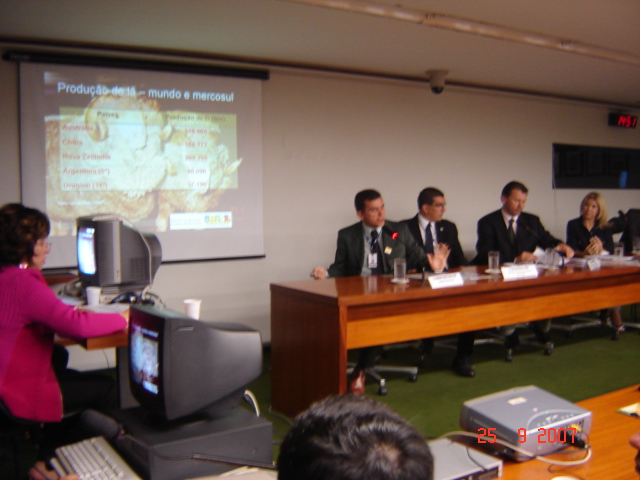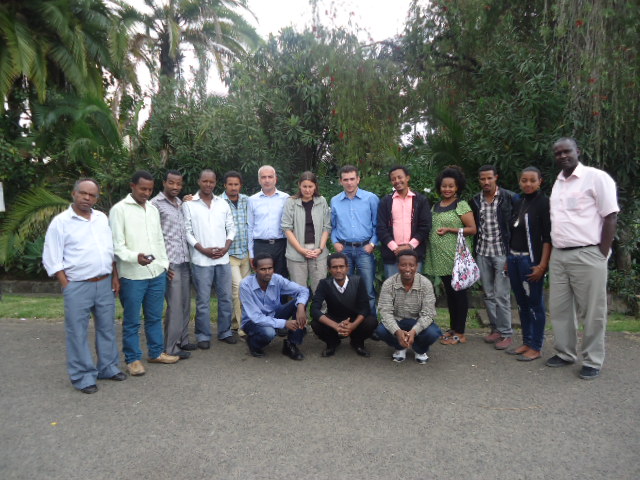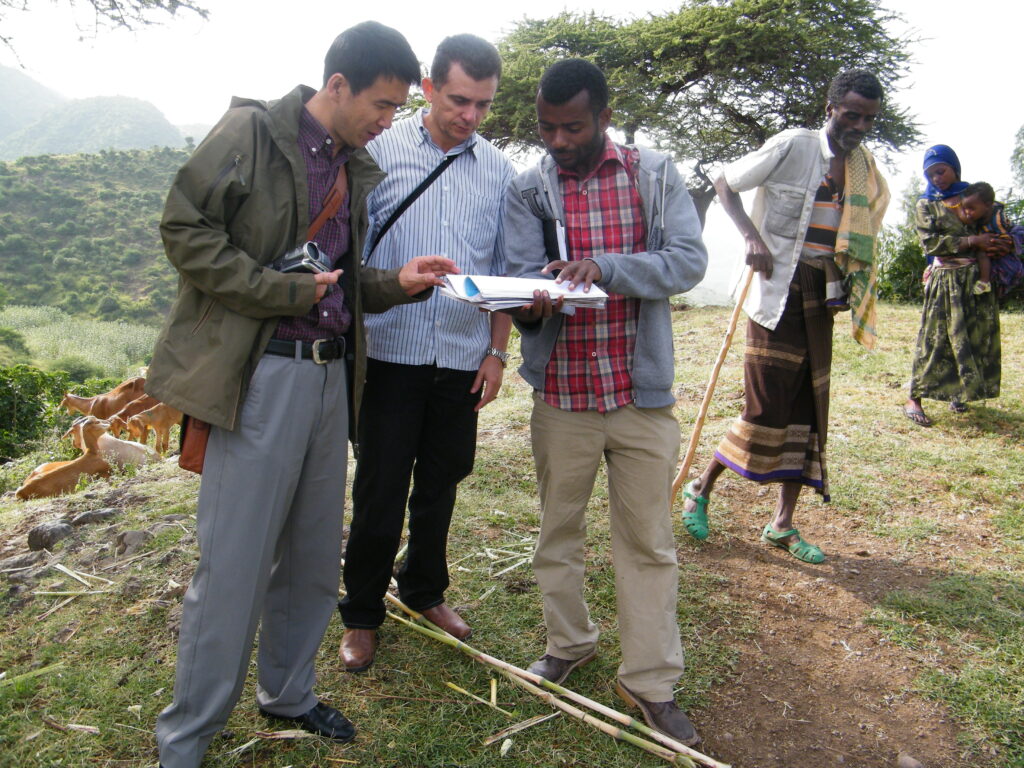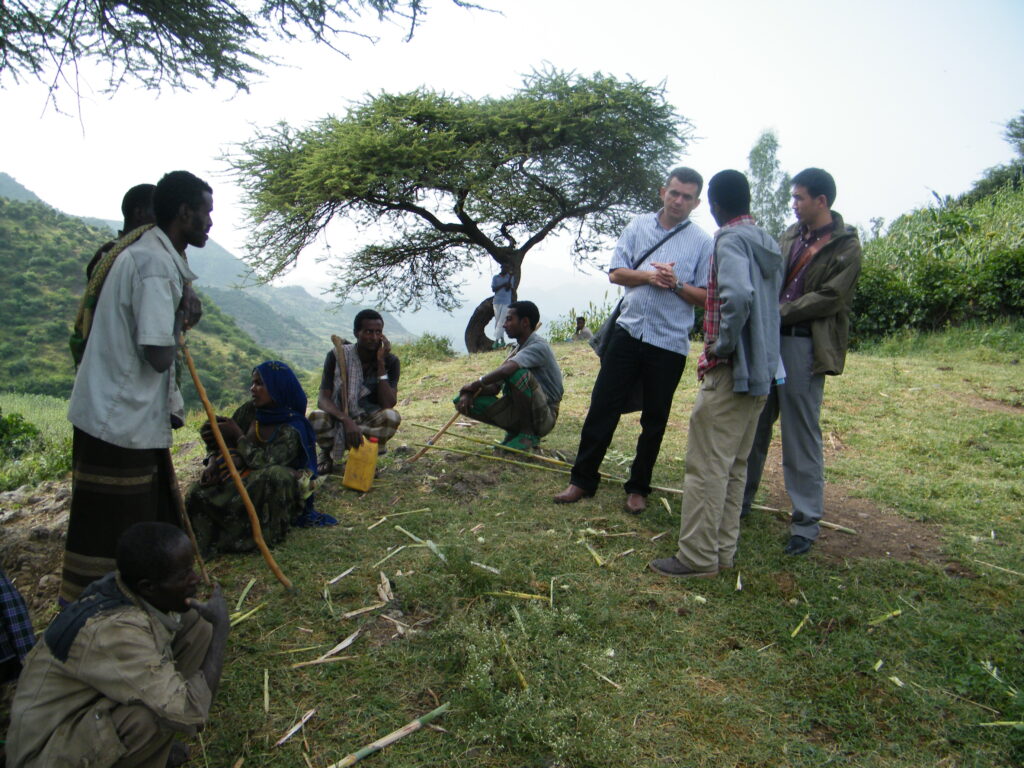Profissional experiente e com amplo conhecimento em gestão de projetos, orçamentos e desenvolvimento. Meticuloso, minucioso e focado, com um compromisso inabalável em entregar resultados de alta qualidade dentro de prazos apertados.
SOBRE
Sou graduado em Medicina Veterinária pela Faculdade de Medicina Veterinária do Ceará, Universidade Estadual do Ceará, em 1992. Obtive o título de Mestre em Produção de Pequenos Ruminantes pela mesma instituição em 1994, seguido pelo título de Doutor em Zootecnia com ênfase em Melhoramento Animal pela Universidade Federal de Minas Gerais em 1999. Minha tese de doutorado teve como título “Avaliação de Programas de Melhoramento para Bovinos Zebu de Dupla Aptidão”.
Em 1992, iniciei minha carreira acadêmica como Professor de Genética na Faculdade de Medicina Veterinária do Ceará. Em 1999, ingressei no Departamento de Zootecnia da Universidade Federal do Ceará como pesquisador e professor visitante, onde atuei até 2023. Durante esse período, ministrei disciplinas de Estatística e Melhoramento Animal e orientei alunos de mestrado e doutorado. Também prestei apoio acadêmico à Universidade Federal do Piauí e à Universidade Estadual do Vale do Acaraú.
Em 2001, ingressei na Empresa Brasileira de Pesquisa Agropecuária (EMBRAPA), vinculada ao Ministério da Agricultura, como pesquisador em Genética e Melhoramento Animal, função que exerci até minha saída em 2023 para buscar novas oportunidades profissionais. No mesmo ano, fundei a Clínica Veterinária e Pet Shop Seuflor, oferecendo serviços veterinários. Como proprietário e administrador, também atuei como veterinário clínico, consultor, web designer e desenvolvedor.
Desde a graduação, fui bolsista do Conselho Nacional de Desenvolvimento Científico e Tecnológico (CNPq), em todos os níveis acadêmicos e profissionais – da iniciação científica à pesquisa de ponta. Deixei os programas oficiais ao sair da EMBRAPA em 2023.
Entre 2005 e 2007, fui Secretário Executivo da Câmara Setorial da Cadeia Produtiva de Caprinos e Ovinos, vinculada ao Ministério da Agricultura, contribuindo significativamente para o desenvolvimento de políticas públicas agropecuárias.
HABILIDADES
Mentoria de equipes
Análise da concorrência
Gestão de bancos de dados de grande escala
Excelentes habilidades de comunicação escrita e oral em português, espanhol e inglês
Desenvolvimento e gestão de extensos sistemas de dados pecuários
Administração de grupos de pesquisa, ensino e extensão
Aplicação de metodologias estatísticas avançadas (modelos mistos, modelos lineares/não lineares, modelos animais, regressão aleatória, BLUP, abordagens Bayesianas, aprendizado de máquina)
Projeto e implementação de programas de melhoramento genético animal
Programação em FORTRAN, PHP, HTML, JavaScript, Java, Ajax, jQuery, Dart, Kotlin, Python e SQL para plataformas web, linha de comando, iOS e Android
Aplicação de genética quantitativa, genômica e metodologias computacionais
Experiência em julgamento de raças de caprinos e ovinos em exposições agropecuárias internacionais

Conquistas
Iniciei minha carreira científica ao vencer o concurso “Investigadores Jóvenes” (Jovens Cientistas) promovido pela Associação Latino-Americana de Produção Animal (ALPA) em 2000. No mesmo ano, recebi uma Menção Honrosa no “Prêmio Geraldo Carneiro” de Melhor Tese de Doutorado, concedido pela Sociedade Brasileira de Zootecnia. Ao longo da minha trajetória na EMBRAPA, recebi diversos reconhecimentos como pesquisador de destaque (2003, 2005, 2007 e 2008).
Fui pioneiro no desenvolvimento de programas de melhoramento genético para caprinos e ovinos no Brasil e sou o inventor de quatro ferramentas de software patenteadas:
-
SGR Mobile – BR 51 2022 000455 0
-
BioSemeie – BR512018000903-4
-
Sistema de Gerenciamento de Rebanhos (SGR) – BR512017000641-5
-
CAPRIOVI CORTE – INPI 06508-3
Além disso, desenvolvi diversas ferramentas digitais, incluindo:
-
Wolfsdatasoft
-
Memomachine
Android
Para auxiliar a pesquisa científica, eu criei:
-
MultiAtr – Uma aplicação para tomada de decisões utilizando os métodos SIMPLEX, PAPRIKA e de programação linear
-
AinvMultisire – Estimar as matrizes médias de parentesco em rebanhos com paternidade desconhecida usando métodos SIMPLEX.
-
SGRMate – Identifica as combinações ideais de acasalamentos entre reprodutores e matrizes para maximizar o ganho genético e minimizar a endogamia.
Coordenei mais de 15 projetos de pesquisa, supervisionei 16 alunos de doutorado, 19 de mestrado e 14 de graduação, e fui autor de 147 publicações científicas (ORCID). Tenho atuado como revisor por pares para diversos periódicos e agências de financiamento, incluindo Livestock Science, Journal of Animal Science, Genetics e Molecular Biology, e várias fundações nacionais.
Serviços
🧬 Serviços Genéticos e Genômicos
Programas personalizados de melhoramento genético para bovinos, caprinos e ovinos
Estratégias de seleção genômica (BLUP, GBLUP, ssGBLUP)
Análise de SNPs, mapeamento de QTLs e estudos de GWAS
Estimativa de valor genético e desenvolvimento de índices
📊 Soluções em Estatística e Ciência de Dados
Planejamento experimental para pesquisa de campo e laboratório
Modelagem preditiva usando R, SAS, Python e FORTRAN
Integração de dados multiômicos
Aplicações de IA e aprendizado de máquina na pecuária de precisão
💻 Desenvolvimento de Software e Ferramentas Digitais
Plataformas de avaliação genética (WolfsDataSoft, SGRMate, AINVMULTISIRE)
Desenvolvimento web e mobile (MySQL, PHP, HTML, JavaScript, Python)
Sistemas de apoio à decisão para gestão agrícola e de melhoramento genético
🌱 Desenho de Programas de Pesquisa e Extensão
Programas de melhoramento genético participativo focados no produtor rural
Módulos e oficinas de treinamento em pecuária
Criação de conteúdo para divulgação: manuais, guias, vídeos
Monitoramento de programas e análise de impacto
🏫 Ensino e Mentoria Acadêmica
Cursos em zootecnia, genética quantitativa e bioestatística
Orientação de alunos de pós-graduação (mestrado e doutorado)
Desenvolvimento curricular e liderança acadêmica
✍️ Comunicação e Revisão Científica
Autoria de artigos em periódicos, livros e manuais de extensão
Revisão por pares e avaliação para periódicos e agências científicas
Palestrante e debatedor em conferências internacionais
Escrita multilíngue: inglês, português e espanhol
🌍 Projetos Globais de Consultoria e Desenvolvimento
Projetos na América Latina, África e Estados Unidos
Estratégias de inovação e consultoria em políticas para a pecuária
Engajamento com doadores e elaboração de propostas de financiamento (FAO, ICARDA, EMBRAPA, CNPq, USDA)
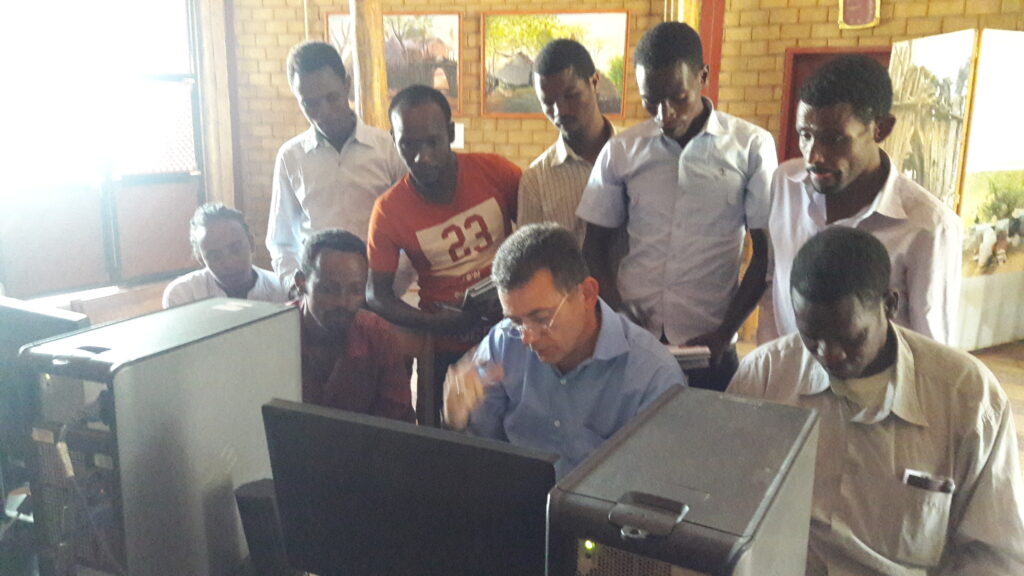
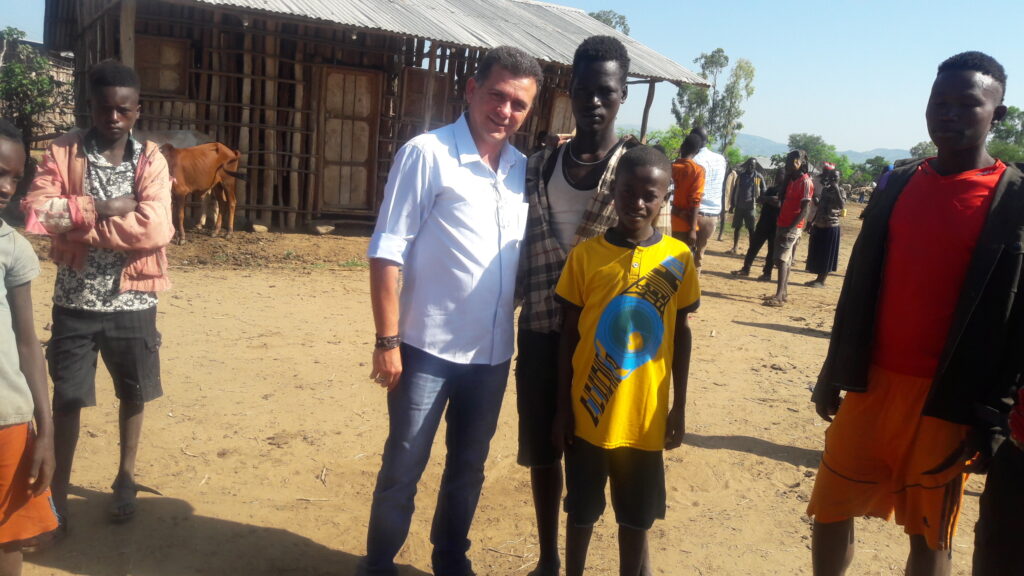
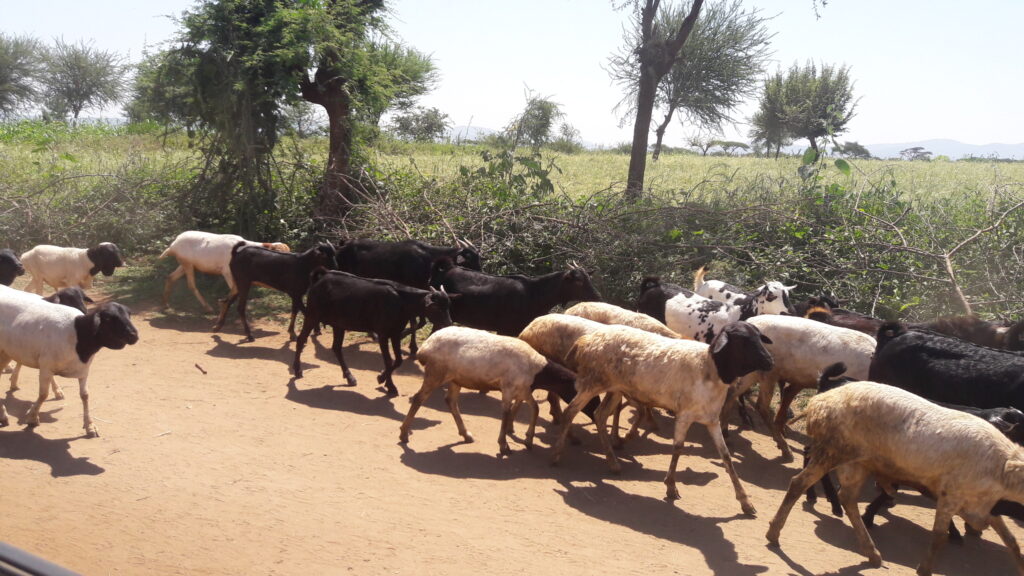
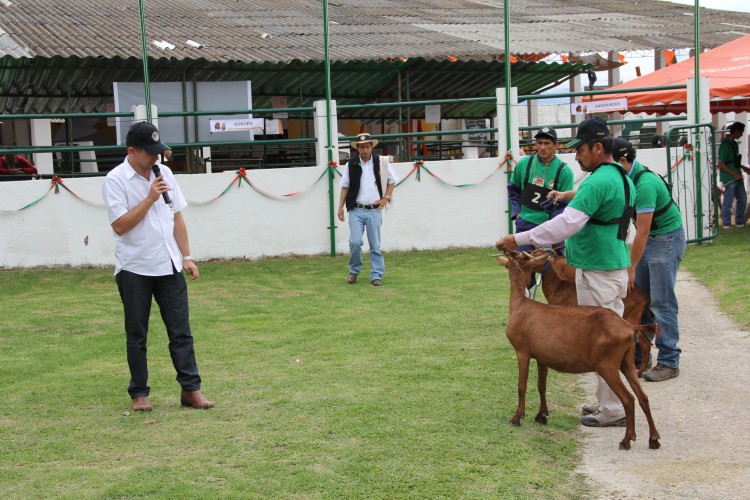
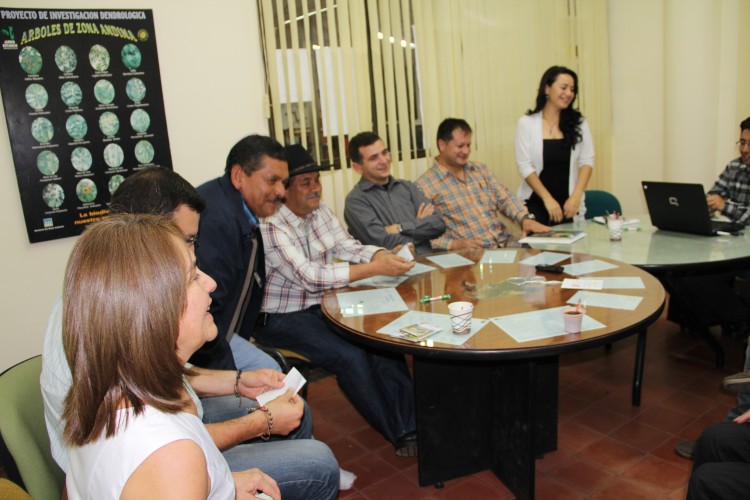
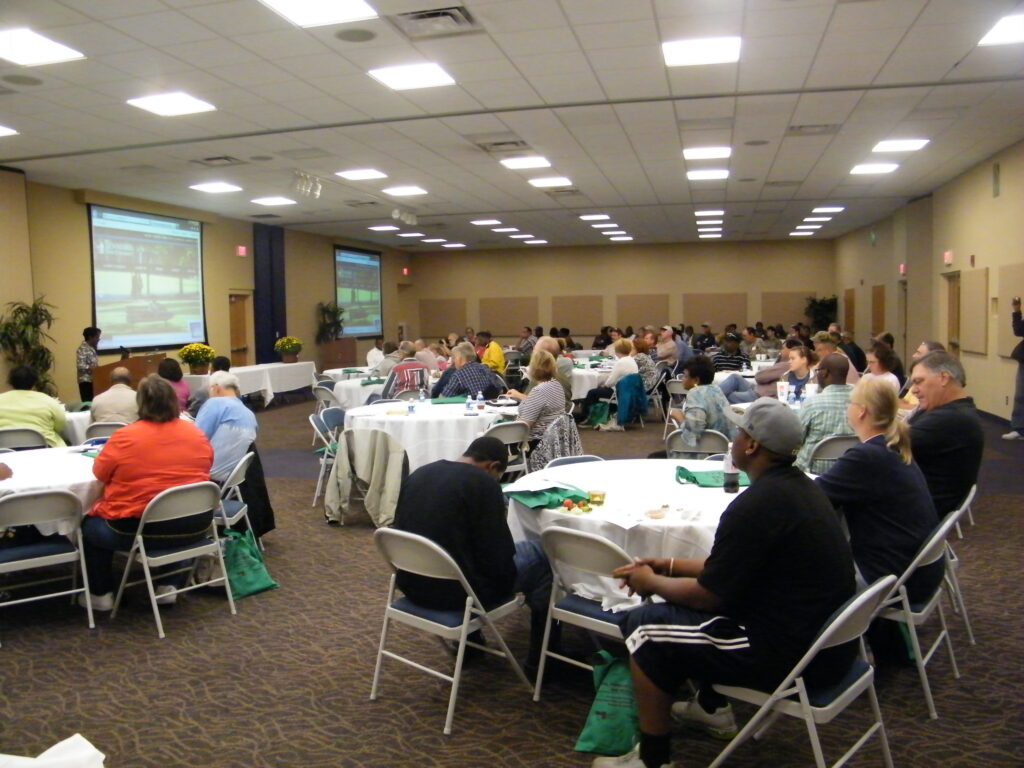
Programas de Melhoramento Genético
Desenvolvi uma plataforma online para a gestão virtual de programas de melhoramento genético animal, implementada em diversos países. O sistema, desenvolvido em PHP, HTML, AJAX e JavaScript com um banco de dados PostgreSQL, permite o acesso remoto e a gestão centralizada de rebanhos de corte, leiteiros ou de dupla aptidão.
Programas Apoiados Anteriormente:
- DREMS – Em parceria com o ICARDA, promoveu o melhoramento genético na Etiópia, Tanzânia, Malawi e Uganda por meio de programas de reprodução baseados na comunidade.
- LOCABREED – Apoiou o melhoramento genético de raças bovinas locais em Burkina Faso, em colaboração com a Universidade de Recursos Naturais e Ciências da Vida (BOKU).
- MGGES – Auxiliou no melhoramento de cabras e ovelhas nos EUA por meio da colaboração com a Universidade Estadual do Tennessee e o Dr. Richard Browning Jr.
Programas em Andamento
- COLGENETICA – Apoia a Federação Nacional de Criadores de Caprinos e Ovinos da Colômbia (FEDEANCO) em iniciativas de melhoramento genético.
- COOPERALIANCA – Auxilia os cooperados da Cooperativa CooperAliança no desenvolvimento da produção ovina no Paraná – Brasil.
Tem interesse em desenvolver ou fortalecer um programa de melhoramento genético?
Entre em contato para discutirmos como um modelo personalizado pode ser implementado para sua organização ou cooperativa.
